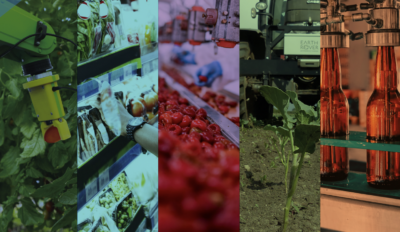
Global
Jul 3 2024
Loughborough University has partnered with the Massachusetts Institute of Technology’s Center for Transportation and Logistics (MIT CTL) to be the first UK member of its Global Supply Chain and Logistics Excellence (SCALE) Network.
Read more

